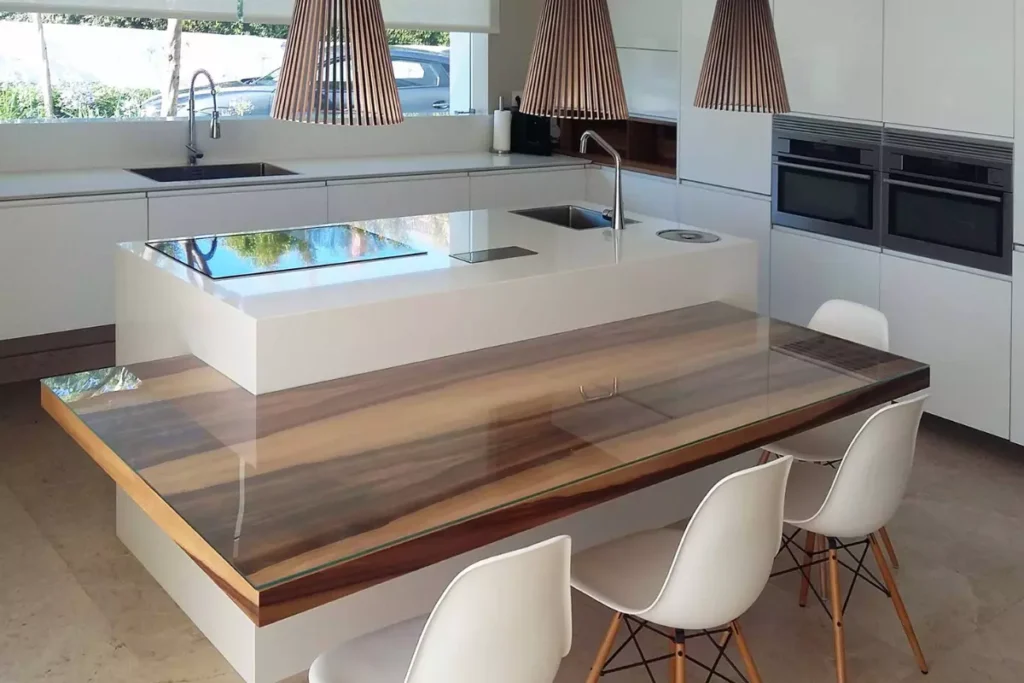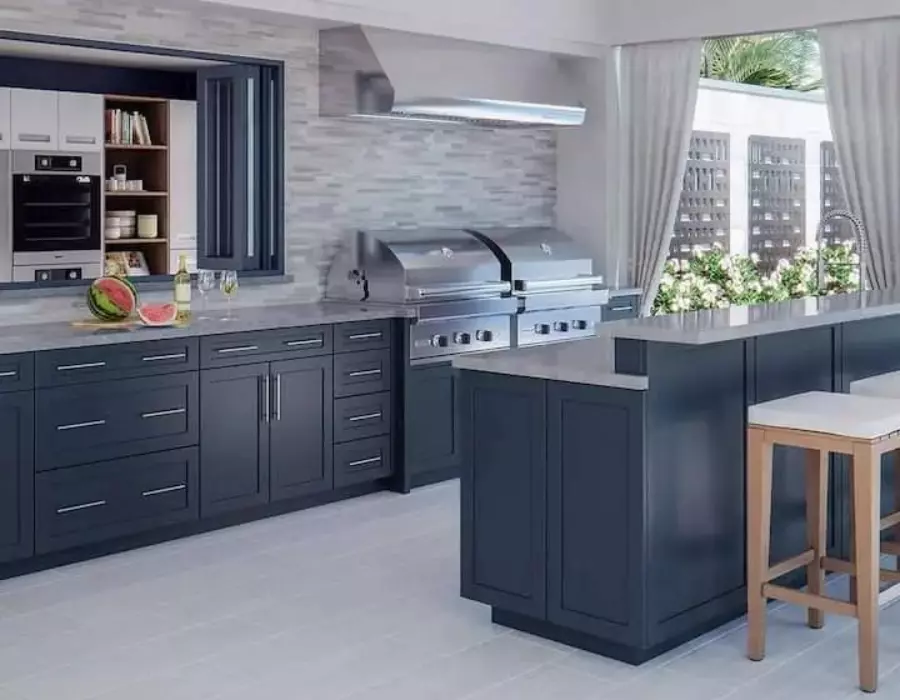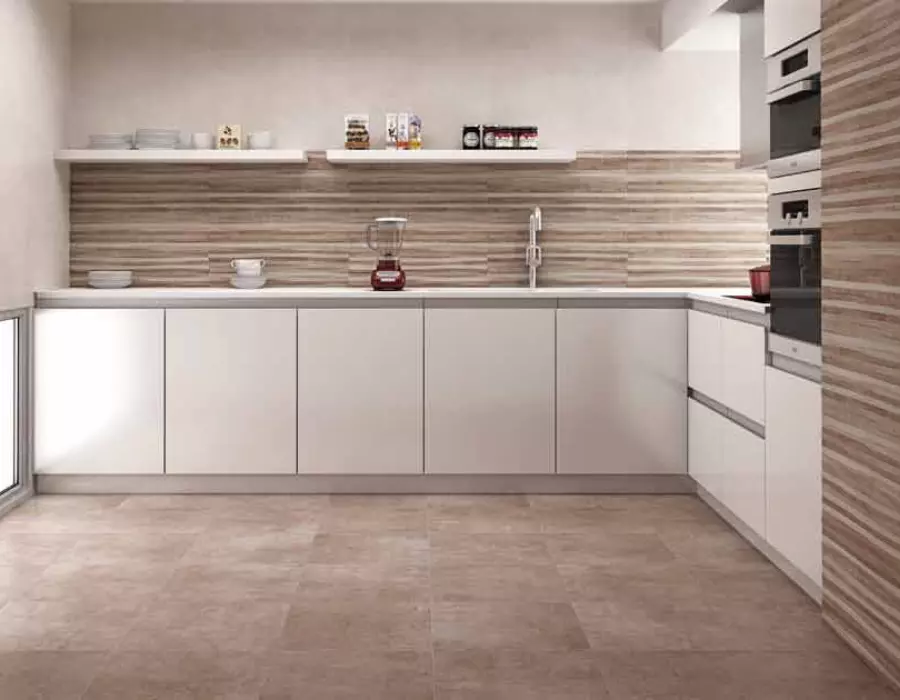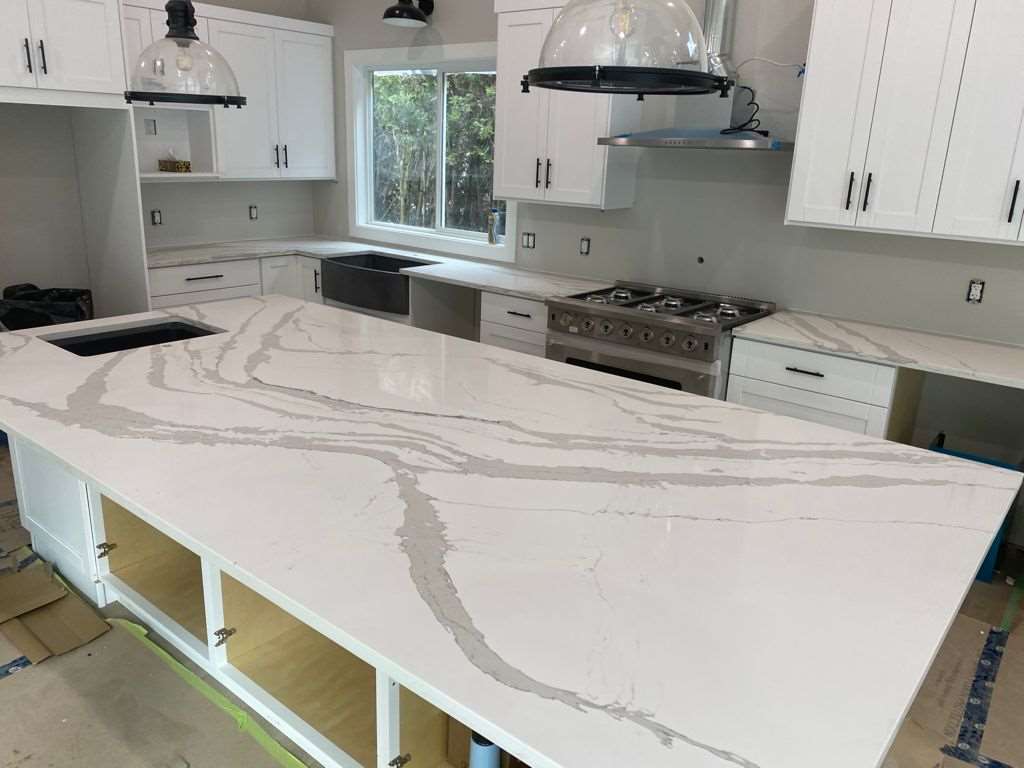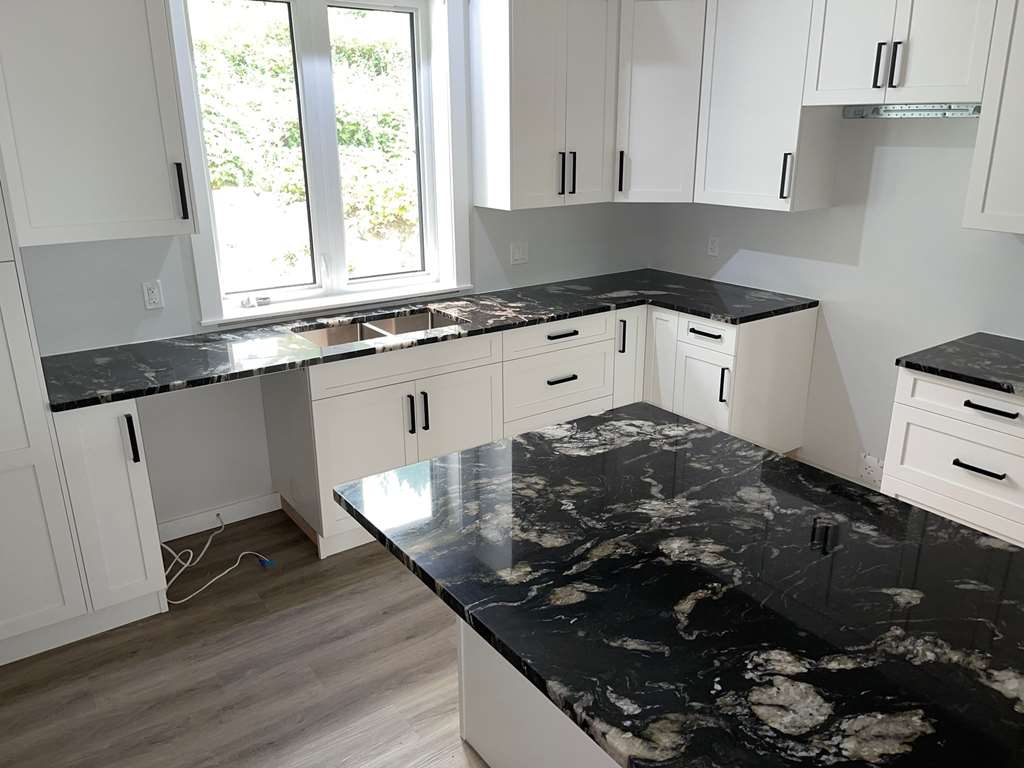How to Clean Countertops: Quartz, Porcelain & Natural Stones
When it comes to cleaning your kitchen counters, one method does not fit all. Discover how to clean countertops and keep them in top shape in Countertop Specialist
Walk into any kitchen showroom and you’ll see an astounding number of countertop options. Marble, Granite, Quartz, Porcelain… each has its selling points—and its own cleaning and maintenance needs. That is why it is essential to educate yourself on the type of product you want before you buy. Your counter material should be in service of your design, but it should also be practical. To keep any surface looking good, you need to make sure you take the proper precautions and avoid scratching or exposure to intense heat.
Beyond buying a proper cutting board and steering clear of direct surface-to-heat contact, heed these expert tips on how to clean countertops based on the material you have in your kitchen.
How to Clean Quartz or Engineered Stone Countertops
Tools:
- Dish soap
- Water
- Nonabrasive glass or surface cleaner
- Microfiber cloths
- Nonabrasive sponge
Cleaning:
Made from resin-bound quartz crystals, engineered stone re-creates the look of its natural counterparts without requiring the same maintenance. Like the others, these countertops can be washed with mild soap and water.
Stain Removal:
Quartz countertops are largely stain-resistant, but if you do come across a persistent mark that soap and water can’t handle, use a glass cleaner and a nonabrasive sponge.
Sealing:
Engineered stone countertops don’t need any resealing to stay in pristine condition.
How to Clean Porcelain worktops
Although they sound fragile, Porcelain worktops are easy to clean and care for. Modern manufacturing processes have transformed the humble ceramic into a beautiful and practical worktop material that can stand up to the rough and tumble of everyday life without chipping, scratching or cracking.
Daily cleaning routine for Porcelain worktops
Porcelain worktops are non-porous which means that there’s nowhere for germs or dirt particles, this makes them an excellent option for kitchen worktops as small amount of food can’t become trapped in the worktop. They are also waterproof, which means they don’t absorb liquids (no stains!) or bad smells. As a result, mopping up any spills as soon as possible plus a daily wipe down with a damp cloth should be sufficient. If you want to use something more than water, a gentle cleaner like washing up liquid will do the trick – dish soap is ideal as it’s specifically designed to cut through the grease and grime of food so is great to use on splashed sauce or spilled cooking oil.
Deep cleaning your Porcelain worktops
If you’re worried that your Porcelain kitchen worktops are starting to lose their shine, the first step is to give them a thorough clean with a gentle cleaning product designed to cut through grease and food-related dirt (washing up liquid, as mentioned above, is a good first port of call). Once any dirt has been removed, a thorough rinse will remove the product itself, as residue may cause the surface to look dull. Drying to a shine with a soft cloth may be all that’s needed to complete the job.
What to avoid
It’s important not to make the situation worse. Do not use harsh chemicals, such as bleach, or abrasive cleaning cloths, such as scourers or steel wool. These are unlikely to damage the worktop itself, but will cause scratches and micro-abrasions which can dull the polish of your worktop. Instead, choose a specialist cleaning product designed to work on porcelain or sintered stone worktops and follow the instructions fully. These can often cut through residue left by other cleaning products and restore the beauty of the porcelain.
Are Porcelain worktops delicate?
Porcelain dinnerware is famously fragile, so how does it translate into a robust kitchen worktop? The answer is that Porcelain worktops are much thicker than dinnerware and also cured at incredibly high temperatures – typically over 1200C. This creates a porcelain surface which is as tough as rock. Porcelain worktops are non-porous and waterproof, so they don’t stain, and are non-reactive, so aren’t affected by acidic food spills such as wine or vinegar. While we recommend treating them gently, they really are surprisingly tough and are able to handle most things that are thrown at them – including the odd dropped plate, pan or glass!
How to Clean Marble and Granite Countertops
Tools:
- Water
- Dish soap
- Microfiber cloths
- Baking Soda
- Hydrogen Peroxide
- Plastic Wrap
- Tape
Cleaning:
Using a mix of warm water and mild dish soap for everyday cleaning, following up with a microfiber towel to shine up the stone. Avoid abrasive or acidic cleaners, which can strip the sealer and etch the stone.
Stain Removal:
For stains on granite or marble countertops, clean with a paste of baking soda and water (for oil-based stains) or hydrogen peroxide (for water-based stains). Apply the paste to the stain, cover with plastic wrap, and tape down the edges. Let sit for a few days (or overnight at the very least), and then rinse off the paste. Repeat the process if the stain isn’t completely gone. Be sure to do a spot test first to make sure the method won’t affect the color or finish of the stone.
Sealing:
These surfaces are popular for their tough-as-rocks durability, but they do need to be resealed regularly to protect them from stains. Reseal granite once a year and marble every few months.


